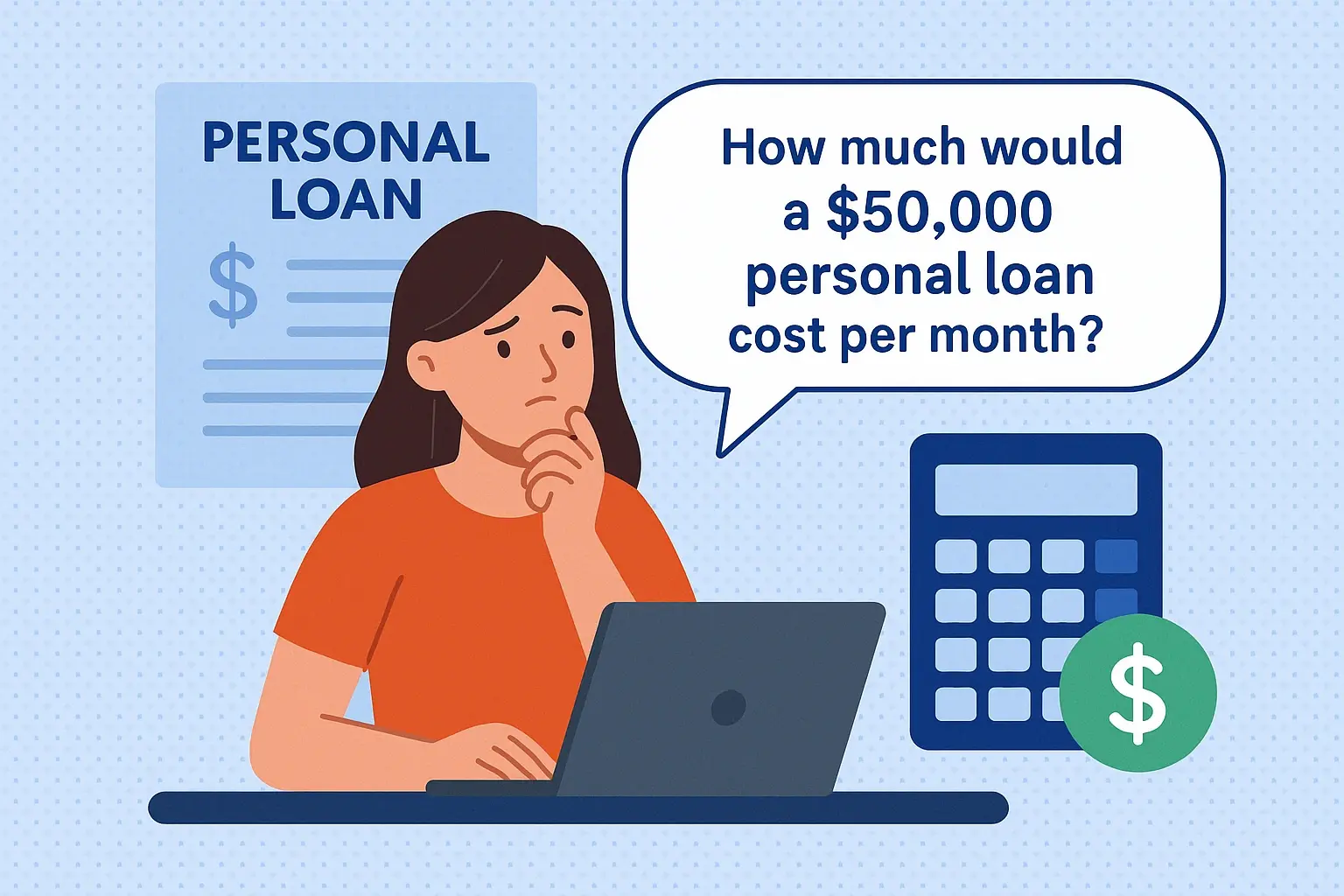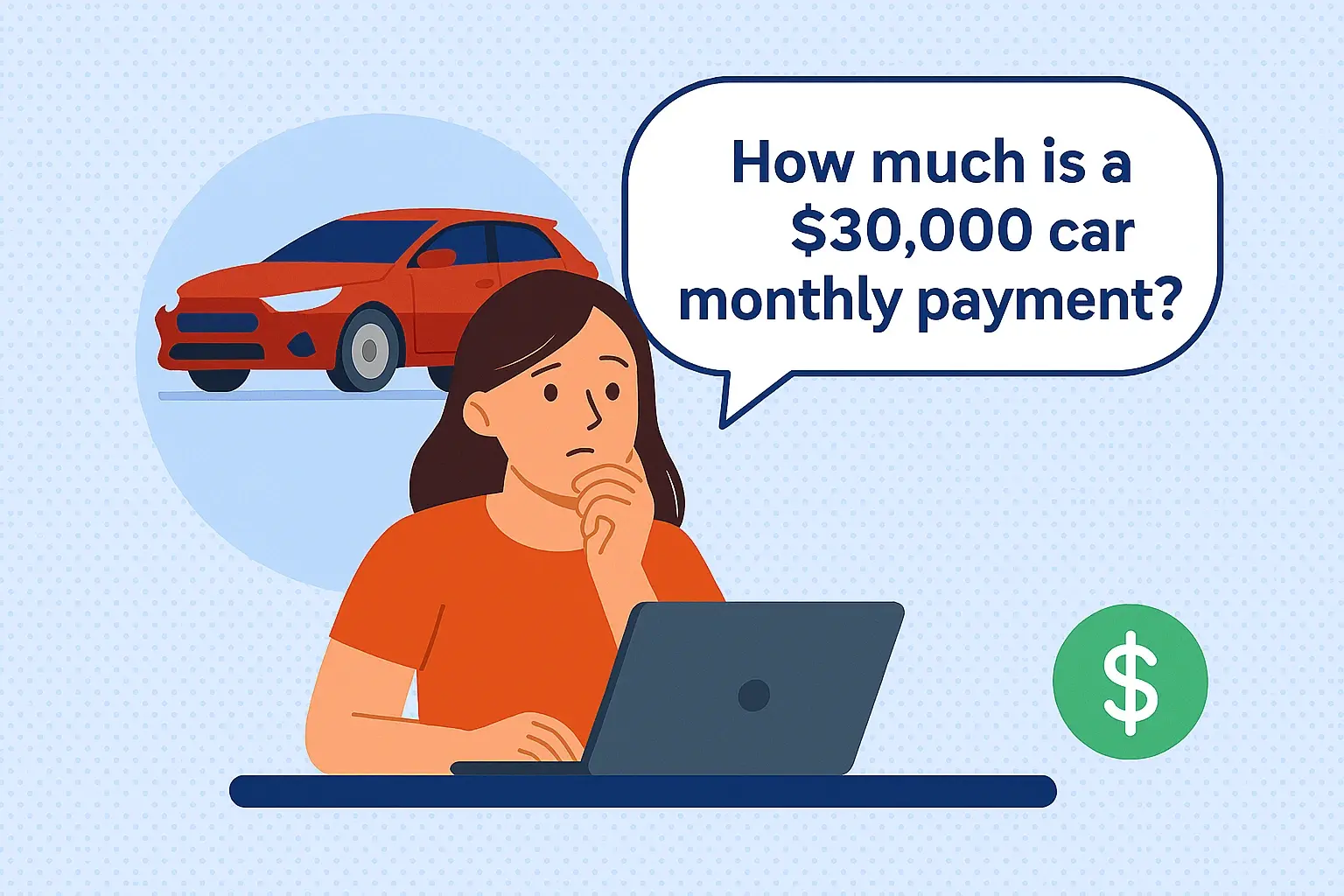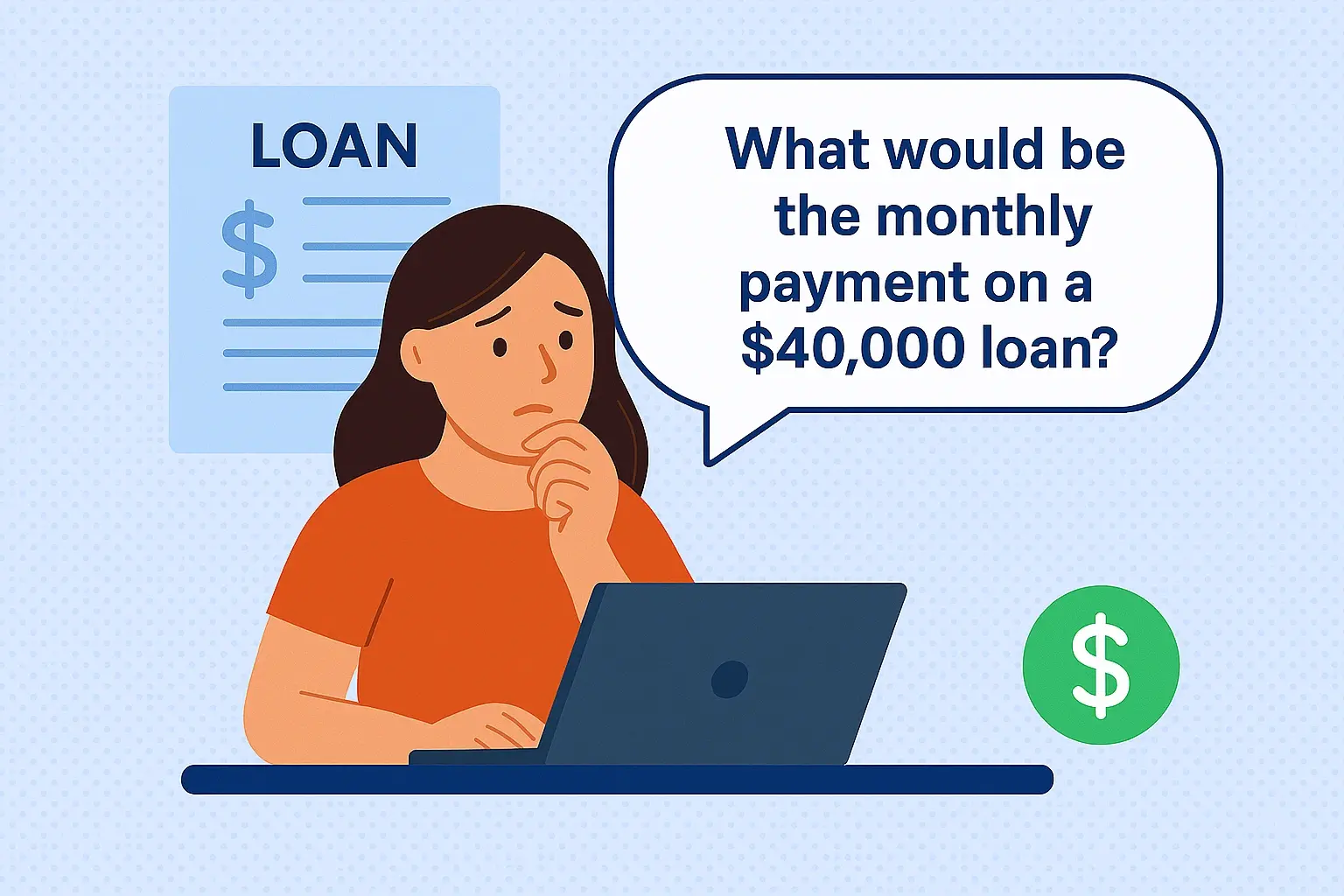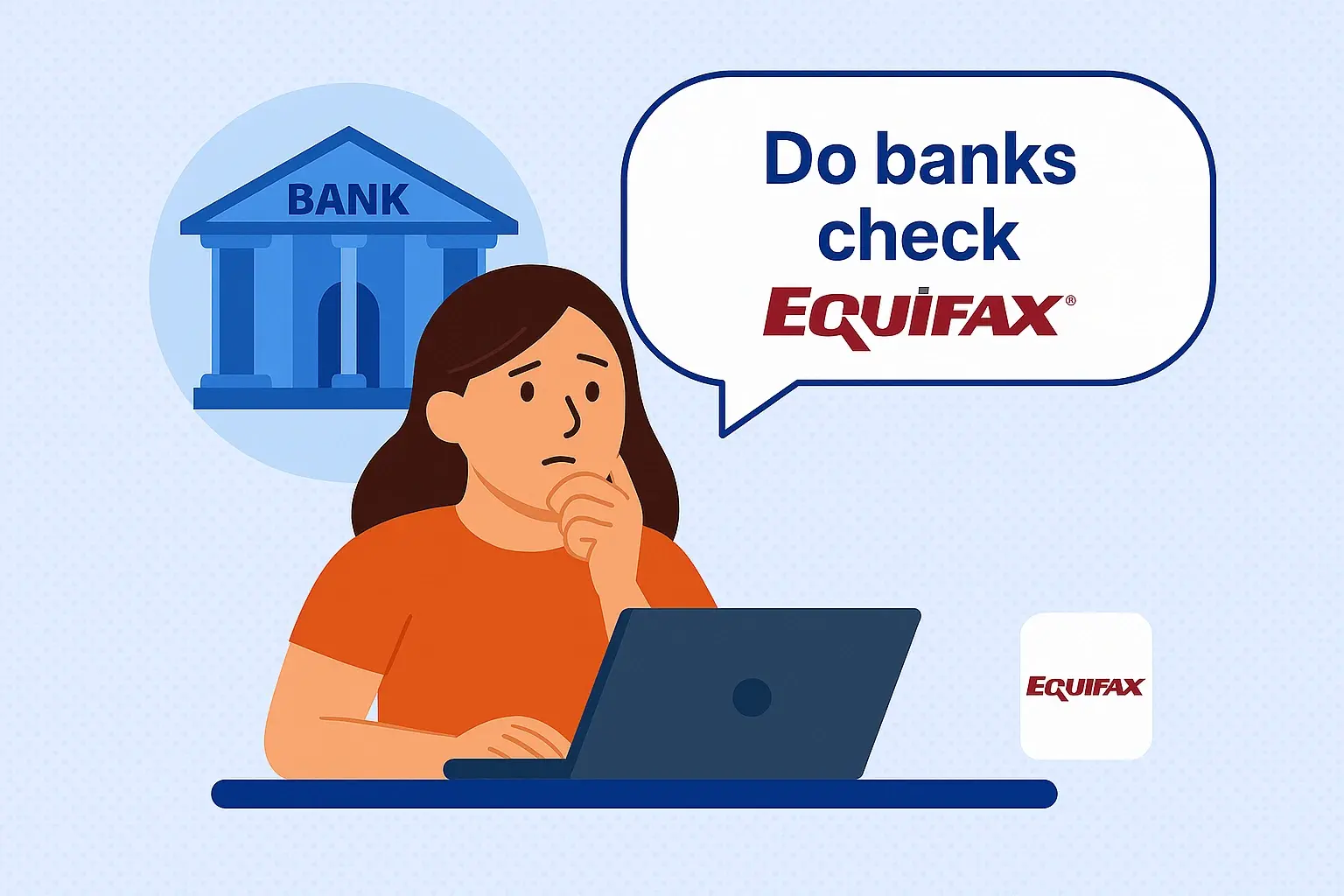-
Posted on: 18 Jul 2024

-
Dreaming of financial freedom and being mortgage-free? While the standard 30-year mortgage is common, paying off a $250,000 mortgage in just 5 years is an ambitious but achievable goal. It requires dedication, discipline, and a strategic approach. This comprehensive guide will outline the steps, strategies, and considerations involved in accelerating your mortgage payoff timeline.
The Challenge: Understanding the Numbers
Before diving into strategies, let's understand the financial commitment. A $250,000 mortgage at, for example, a 6% interest rate over 30 years results in a monthly payment of approximately $1,499.03 (principal and interest). Over the life of the loan, you'll pay nearly $290,000 in interest alone! Now, let's see the difference for a 5-year payoff.
To pay off $250,000 in 5 years (60 months), you'll need to calculate the new monthly payment. Using a mortgage calculator, a $250,000 mortgage at 6% interest over 5 years requires a monthly payment of approximately $4,833.21. That's a substantial increase! This highlights the significant financial commitment required. Keep in mind this is a simplified example, and you should consult with a financial advisor for personalized calculations.
Key Strategies for Rapid Mortgage Repayment
Several strategies can be employed to accelerate your mortgage payoff. It's important to note that these strategies often require a significant increase in your current income or a radical change in your spending habits. Also, consider potential tax implications; consult a tax professional for advice.
1. Aggressive Budgeting and Expense Reduction
The foundation of any successful debt payoff plan is a robust budget. You need to identify areas where you can cut expenses and redirect those savings towards your mortgage. Here's how:
- Track Your Spending: Use budgeting apps, spreadsheets, or even a notebook to meticulously track every dollar you spend for at least a month.
- Identify Non-Essential Expenses: Analyze your spending and identify areas where you can cut back. Examples include:
- Dining out
- Entertainment (subscriptions, movies, concerts)
- Shopping for clothes and non-essential items
- Cable TV
- Unused gym memberships
- Reduce Fixed Expenses: Explore ways to lower your fixed expenses:
- Negotiate lower rates for insurance (car, home, life)
- Shop around for better deals on internet and phone service
- Refinance your car loan (if applicable)
- Consider downsizing your home (a drastic but effective option)
- Create a Realistic Budget: Once you've identified areas to cut back, create a budget that allocates a significant portion of your income to mortgage payments. Be honest with yourself and make sure the budget is sustainable long-term.
2. Increasing Your Income
Cutting expenses is important, but increasing your income is often necessary to achieve a 5-year mortgage payoff. Here are some ideas:
- Negotiate a Raise: Research industry standards for your position and experience and present a compelling case to your employer for a raise.
- Take on a Side Hustle: Explore opportunities to earn extra income in your spare time:
- Freelancing (writing, graphic design, web development, etc.)
- Driving for ride-sharing services (Uber, Lyft)
- Delivery services (DoorDash, Uber Eats)
- Tutoring
- Selling crafts or products online (Etsy, eBay)
- Virtual Assistant work
- Invest in Your Skills: Take courses or workshops to improve your skills and increase your earning potential.
- Rent out a Spare Room: If you have a spare room, consider renting it out on Airbnb or to a long-term tenant.
- Sell Unwanted Items: Declutter your home and sell items you no longer need on online marketplaces.
3. Strategic Mortgage Payment Strategies
Beyond simply paying extra each month, several strategies can help you accelerate your mortgage payoff.
- Lump Sum Payments: Any unexpected windfalls (bonuses, tax refunds, inheritances) should be directed towards your mortgage. Even a single large payment can significantly reduce the principal balance and save you thousands in interest.
- Bi-Weekly Payments: Instead of making one monthly payment, make half of your monthly payment every two weeks. This effectively results in 13 monthly payments per year instead of 12, which can shave years off your mortgage.
- Round Up Your Payments: Round up your monthly mortgage payment to the nearest $100 or $500. This small change can add up significantly over time.
- Refinance to a Shorter Term: Consider refinancing your mortgage to a 5-year or 10-year term. This will result in higher monthly payments, but you'll pay off your mortgage much faster and save a substantial amount in interest. Be sure to compare closing costs and interest rates carefully before refinancing. However, given the goal of a 5 year pay off, this might not be the optimal strategy, as you would already be making equivalent payments.
4. The Power of Investing (with Caution)
While aggressively paying down your mortgage is the primary goal, consider a balanced approach. Investing a portion of your income can potentially generate returns that outpace your mortgage interest rate. However, this involves risk and should be approached with caution.
- Consult a Financial Advisor: Before investing, speak with a qualified financial advisor to determine the best investment strategy for your individual circumstances and risk tolerance.
- Consider Low-Risk Investments: If you're risk-averse, consider low-risk investments such as high-yield savings accounts, CDs, or government bonds. While the returns may be lower, they offer greater security.
- Balance Risk and Reward: If you're comfortable with some risk, consider investing in a diversified portfolio of stocks and bonds. However, be prepared for potential market fluctuations.
- Avoid High-Risk Investments: Avoid high-risk investments that promise quick returns, as these often involve a significant risk of loss.
- Prioritize Mortgage Payoff: Remember that your primary goal is to pay off your mortgage. Don't invest so much that you compromise your ability to make extra mortgage payments.
5. Monitor and Adjust Your Plan
Regularly monitor your progress and adjust your plan as needed. Life circumstances change, and your financial situation may evolve over time. Be prepared to adapt your strategy to stay on track.
- Track Your Net Worth: Monitor your net worth (assets minus liabilities) to see how your mortgage payoff plan is impacting your overall financial health.
- Review Your Budget Regularly: Review your budget monthly to ensure you're staying on track and make adjustments as needed.
- Re-evaluate Your Investment Strategy: Review your investment strategy periodically with your financial advisor to ensure it's still aligned with your goals and risk tolerance.
- Celebrate Milestones: Acknowledge and celebrate your progress along the way to stay motivated.
Challenges and Considerations
Paying off a $250,000 mortgage in 5 years is a demanding undertaking. Be aware of the potential challenges:
- High Monthly Payments: The increased monthly payments can strain your budget and limit your financial flexibility.
- Opportunity Cost: Directing a large portion of your income towards your mortgage may mean forgoing other financial goals, such as saving for retirement, education, or travel.
- Unexpected Expenses: Unexpected expenses (medical bills, car repairs, home repairs) can derail your plan. An emergency fund is crucial.
- Market Volatility: If you're relying on investments to accelerate your mortgage payoff, market volatility can impact your returns.
- Burnout: The intense focus and sacrifices required for a rapid mortgage payoff can lead to burnout. It's important to maintain a healthy work-life balance.
The Importance of an Emergency Fund
Throughout this entire process, having a robust emergency fund is absolutely critical. Aim for 3-6 months' worth of living expenses saved in a readily accessible account. This provides a safety net in case of job loss, unexpected medical bills, or other financial emergencies, preventing you from having to derail your mortgage payoff plan or take on additional debt.
Is It Right For You?
Ultimately, the decision to aggressively pay off your mortgage is a personal one. Consider your financial situation, risk tolerance, and long-term goals. A 5-year payoff plan is best suited for individuals with:
- A stable income
- A low debt-to-income ratio
- A strong commitment to financial discipline
- A clear understanding of the risks and rewards
If you're not sure whether this approach is right for you, consult with a financial advisor to discuss your options and develop a personalized plan.











